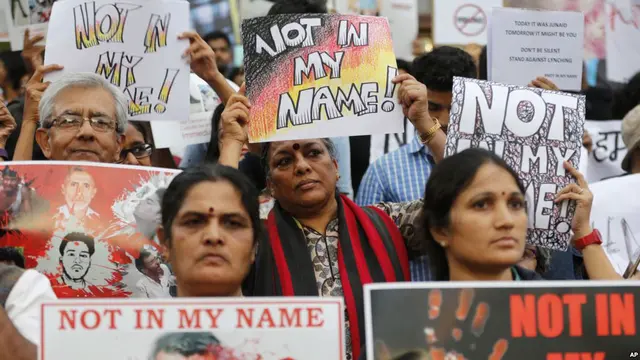Tokyo Electric Power Co. (TEPCO) vowed to its shareholders Thursday that it would push to restart its idled reactors under a new turnaround initiative, with the reactors at its Kashiwazaki-Kariwa plant in Niigata Prefecture, the world's largest nuclear complex, being viewed by the utility as indispensable to providing power in Japan and ensuring the company's survival.
"Nuclear power is characterized as an important base-load power source in the nation's basic energy plan, and we see the Kashiwazaki-Kariwa plant as an important facility to secure a stable electricity supply," TEPCO's Executive Vice President, Hiroshi Yamaguchi, told an annual shareholders' meeting in Tokyo.
But the move by the embattled utility, still struggling to deal with a myriad of problems at its Daiichi plant in Fukushima Prefecture that underwent a triple-meltdown following a massive earthquake-triggered tsunami in 2011, came under fire from a contingent of furious shareholders and antinuclear campaigners calling for the scrapping of all of Japan's reactors.
Shareholders and campaigners demanded that TEPCO abandon its nuclear power ambitions, as scuffles broke out between security personnel and demonstrators outside of the Tokyo International Forum where the meeting was held.
Among the protestors was Katsutaka Idogawa, the former mayor of the town of Futaba that hosts the crippled Fukushima plant, who lambasted those in favor of resuming nuclear power in Japan, including TEPCO executives. "Why don't you get exposed to radiation yourself? Why don't you lose your homeland?" he was quoted as asking pro-nuclear shareholders and executives as they entered the meeting.
But the motions brought forward by shareholding opponents to TEPCO's future operations, including those by Greenpeace, were rejected by the utility.
Similarly, despite mounting protests here, eight other Japanese utilities' shareholders meetings also held Thursday, all voted down proposals to abandon nuclear power.
All of Japan's 48 commercial reactors remain offline due to increased safety requirements, with 19 having applied to the Nuclear Regulation Authority (NRA) to review their safety applications to restart, with none of them being granted permission to restart since the new safety standards were imposed on July 2013 and Yamaguchi said he remained unsure as to exactly when the reactors at the Kashiwazaki-Kariwa will be allowed to be restarted.
TEPCO made its application to Japan's NRA in September for its reactors in Niigata to be checked, but was subsequently blasted by the nuclear watchdog for its inappropriate handling of fuel rods at its plant, which caused some of the highly volatile rods to be damaged.
The NRA said that workers at the plant had tried forcibly to jam the rods into fuel assemblies when they wouldn't fit, leaving some 26 fuel assemblies with"abnormalities," leading to the watchdog's chief, Shunichi Tanaka, stating that the safety culture at the beleaguered utility still has"serious problems."
Despite TEPCO's push, however, the NRA has said it would likely prioritize the restarting of two reactors at Kyushu Electric Power Co.'s Sendai plant, pending a final round of checks to ensure they meet new safety standards.
The NRA said it has been particularly impressed with the approach of Kyushu Electric Power towards safety in regard to new earthquake and tsunami prevention measures, adding that ongoing inspections of the reactors are going well.
While Kyushu Electric Power Co. President Michiaki Uriu said Thursday he hopes for the"earliest possible resumption of the reactors," Osaka Mayor Toru Hashimoto shot down Kansai Electric President Makoto Yagi's hopes to bring the region's reactors back online, stating the city would sell its 9 percent share holding if the utility doesn't hear the city's concerns.
As increased costs for fossil fuels weigh heavily on Japan's utilities, the consensus among their shareholders to commence with the generation of nuclear power in an attempt to rescue the clobbered industry is unlikely to speed up the safety reviews by an increasingly toothy NRA, observers said.
Thursday's calls for Japan's utilities, including TEPCO, to invest in more renewable sources of energy, have seemingly fallen on deaf ears, as their stakeholders voted for the industry to be rebooted, despite campaigners'vociferous reminders that the overall decommissioning of TEPCO's battered Fukushima plant is expected to take around 40 years and billions of dollars and the majority of those most affected by the disaster have not yet been adequately compensated.
 简体中文
简体中文



